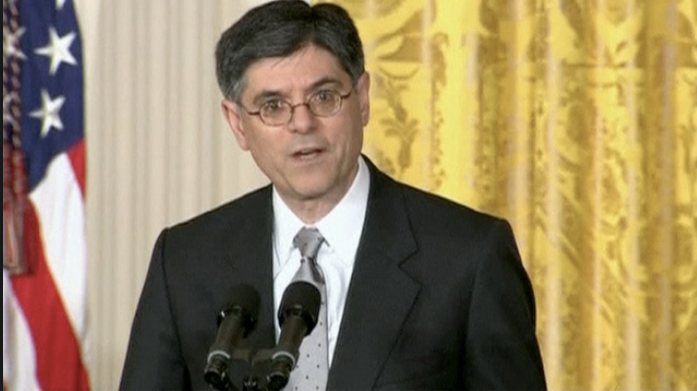True reform will require a bipartisan consensus around closing loopholes to pay for the lowering of statutory tax rates paid by businesses, and reducing burdens on working families. Changing tax law must be done in a fiscally responsible way, without cutting taxes for the very wealthy. Accomplishing this will be hard, but it is the only path to a meaningful restructuring of the tax code.
Four principles should guide Congress in the coming debate.
- First, changes in the tax rates for individuals must at least maintain the current levels of progressivity, which range from 10 percent for the lowest income bracket to 39.6 percent for the highest. Congress must also maintain the estate tax, which is levied only on estates worth more than $5.49 million ($10.98 million for a couple), affects only the wealthiest 0.2 percent and protects small businesses, including family farmers.
- Second, tax cuts must be offset by revenue-raising measures.
- Third, Congress should rely on its Joint Committee on Taxation and the Congressional Budget Office to estimate what a tax bill will cost.
- Fourth, business tax reform must not open up new loopholes for top earners to evade taxes.




